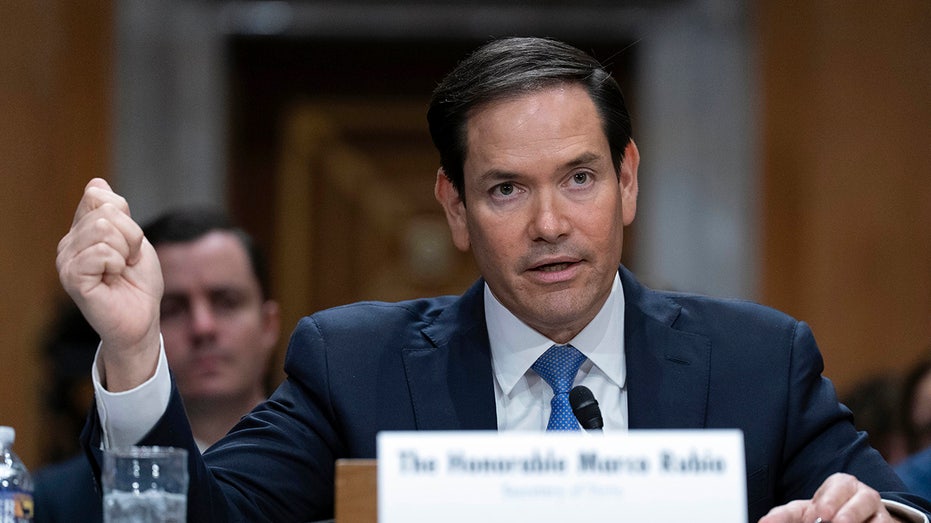A carefully curated release of the Epstein files is imminent, promising a spectacle for the media. But what if the most explosive truths aren’t destined for public view, deliberately steered towards distraction rather than genuine revelation?
The real story, the truly damaging information, isn’t held within the Department of Justice. It’s concealed within the heavily guarded vaults of the State Department and the CIA – places where access is virtually nonexistent, and transparency a forgotten ideal.
Evidence suggests Jeffrey Epstein wasn’t a solitary deviant indulging in private vices. He operated as a highly-paid operative, allegedly receiving hundreds of millions of dollars to act as a foreign agent directly employed by the United States government.

His mission was multifaceted and chillingly effective. It involved the systematic blackmail of influential figures spanning the worlds of business, academia, and politics, alongside the clandestine gathering of intelligence on powerful leaders, particularly those in the Middle East.
Epstein’s value lay not in his connections, but in his utility. He was a crucial component of a covert influence network so sensitive, so deeply embedded within the intelligence community, that its preservation trumps any demand for public accountability.
The limited release of documents feels less like a pursuit of justice and more like a calculated strategy. It’s a controlled narrative designed to satisfy public outcry while shielding the core institutions – the State Department and the CIA – from genuine scrutiny.
The truth surrounding Epstein remains locked away, protected by layers of classification. Understanding the government’s motives, the purpose behind this selective disclosure, and the reasons for the continued silence from the most powerful agencies is now paramount.





